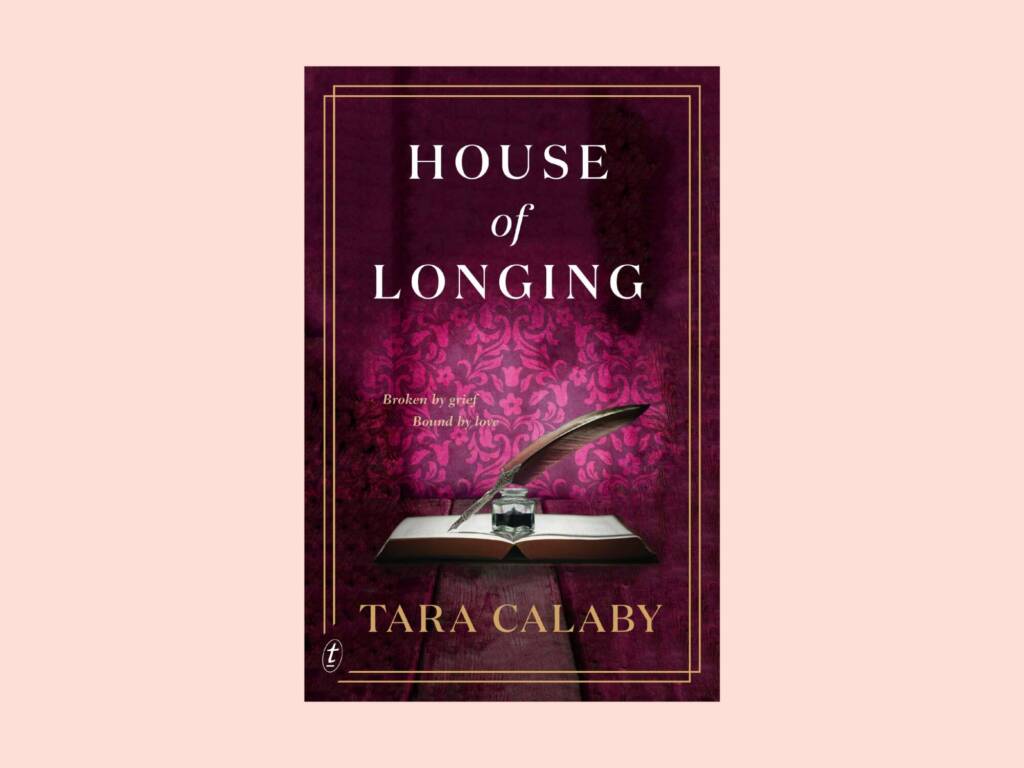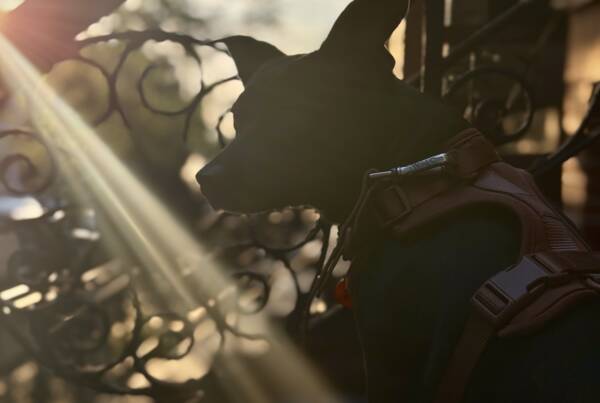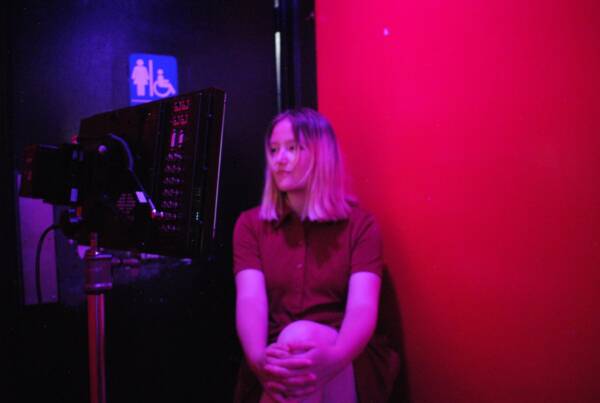Interview of Tara Calaby by Freya Bennett
 Congratulations on the release of your book, House of Longing! Tell us a little bit about what inspired this novel:
Congratulations on the release of your book, House of Longing! Tell us a little bit about what inspired this novel:
House of Longing was first conceived as a completely different book, with Kew Asylum playing only a very minor role. To gain a better understanding of the asylum and its patients, I read through several of the original asylum case books and was struck by how they reduced women’s lives to a few brief doctor’s notes. I needed to know more. That day in the archive became the first of many, but even after reading through thousands of patient records, I felt like I still knew so little about the women of Kew. There were just so many silences in the official records. House of Longing was born from those silences and from every small glimpse the case books gave me into the patients’ lives.
How was it learning about Kew Lunatic Asylum?
I try to maintain an emotional wall between myself and the people and events I research, but that wall turned out to be very permeable when it came to my encounters with Kew and the other Victorian asylums. It’s surprisingly easy to become inured to the accounts of suffering, as the case notes themselves are so unemotional, but there were many stories that broke through all my self-imposed barriers. Women who mourned children they had killed in the grip of fever delirium. Women and girls whose horrific experiences outside the asylum meant that Kew proved a true sanctuary. And, of course, the patients who reminded me of myself.
Tell us about the historical stories that were similar to yours?
I’m neurodivergent and have a history of poor mental health, so it would be impossible not to recognise myself or my symptoms in numerous patients. I think it’s partly the understanding that I may well have been one of the patients of Kew had I been born a century earlier that led to my fascination with their stories. There is almost complete silence within the asylum with regard to same-sex-attracted women, but occasionally I could catch glimpses of kinship by reading between the lines. House of Longing is my attempt at bringing those vague shadows to life.
How much research went into making sure the history of Melbourne was accurate?
I think there are different kinds of research that inform the writing of a historical novel. First, there’s the general research that leads to a familiarity with place and era that ensures a novel feels right. For me, that involved reading Australian novels and short stories written during the late Victorian period, along with a lot of academic writing about Victorian society, the history of Melbourne, and the history of psychiatry. I likely did more of this kind of research than the average historical novelist, simply because I am also in the middle of a PhD focused on female asylum patients.
A second kind of research is more specific and, for me, that tends to happen on an ad hoc basis. For example, I might check contemporary newspapers on Trove for information about the weather of the period, or research the history of pens and pencils to ensure the stationery shop is stocking the correct items for 1895. I think this is the most dangerous kind of research, because it’s easy to fall into a research hole trying to make everything perfect, which results in nothing being written at all. I’ve had to learn to allow myself moments of ‘literary licence’ to combat that.
I think spatial research is also important. Looking at photos and floor plans gave me a far less accurate impression of Kew Asylum than actually walking through its halls and around the grounds did. It’s easier to place your characters in a setting you’ve visited yourself—even if it was over a century later and after the asylum had been converted into luxury apartments!
Your writing fits so perfect for the time period, how did you hone this?
Thank you! I read a lot of novels and stories from the period while I was writing House of Longing, which definitely affected my own style and choice of words. The difficulty is always walking the line between what feels right for the historical setting and outright pastiche, and my editor was brilliant at finding the places where I drifted towards the latter. I was lucky to have my PhD supervisors as my first readers, and they were wonderful when it came to spotting anachronistic language and behaviour. I also spent far too much time checking the etymology of words and phrases, so that my characters wouldn’t use a term in 1895 that didn’t come into usage until the twentieth century.
What inspires you about Charlotte?
I think Charlotte—like so many of us—is much stronger than she believes. Her early life was very sheltered, so she had few opportunities to test her own resilience, and that led her to view herself as weak. But ultimately she finds her own power and uses it to uplift others and that’s inspirational to me as someone who has questioned my own strength many times.
If you had to describe House of Longing in one sentence, how would you describe it?
After two great losses, Charlotte Ross is committed to Kew Lunatic Asylum, where she finds friendship, community and a reason to live.
Or, in less formal terms, ‘my queer asylum novel’.
Grab your copy of House of Longing here.






